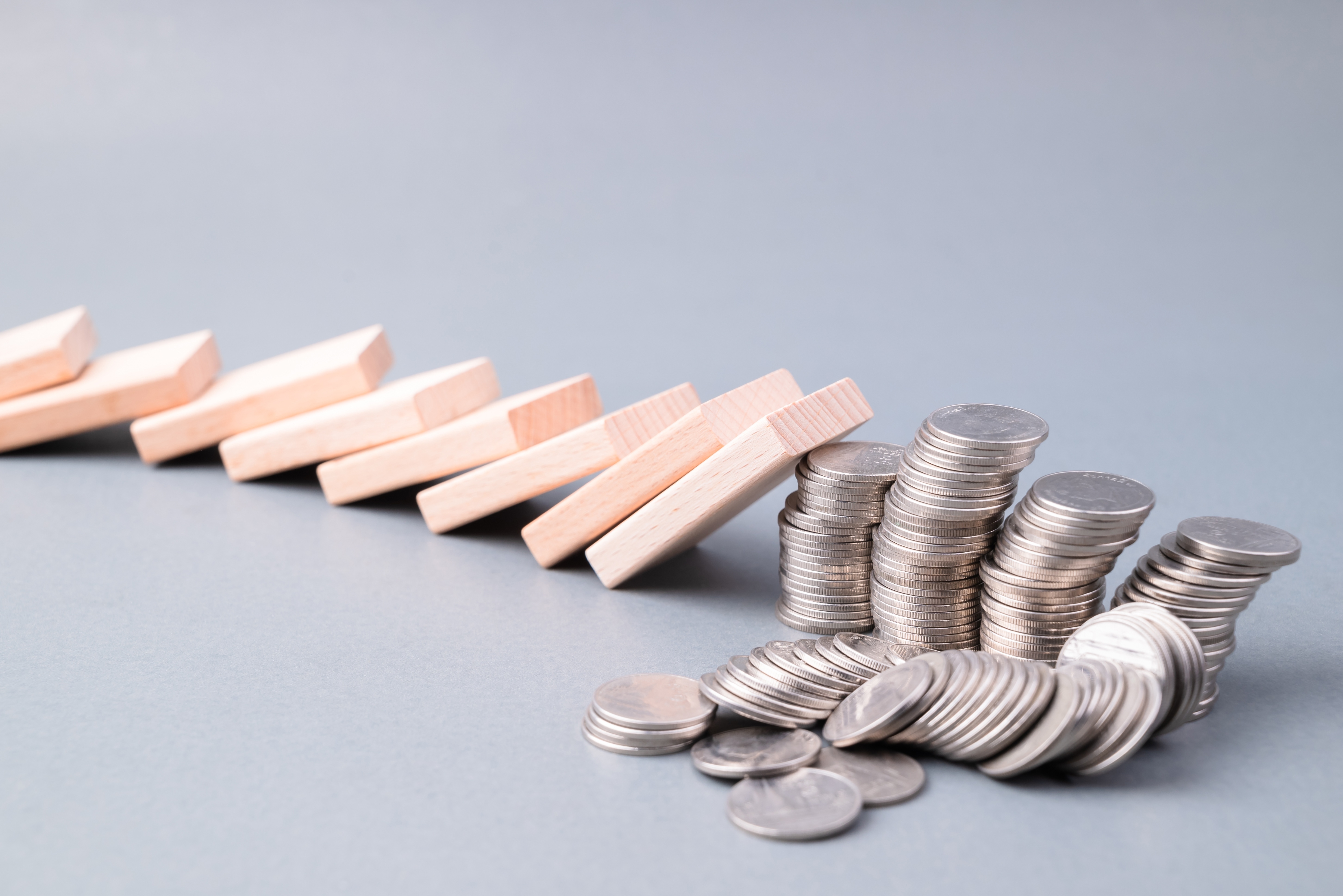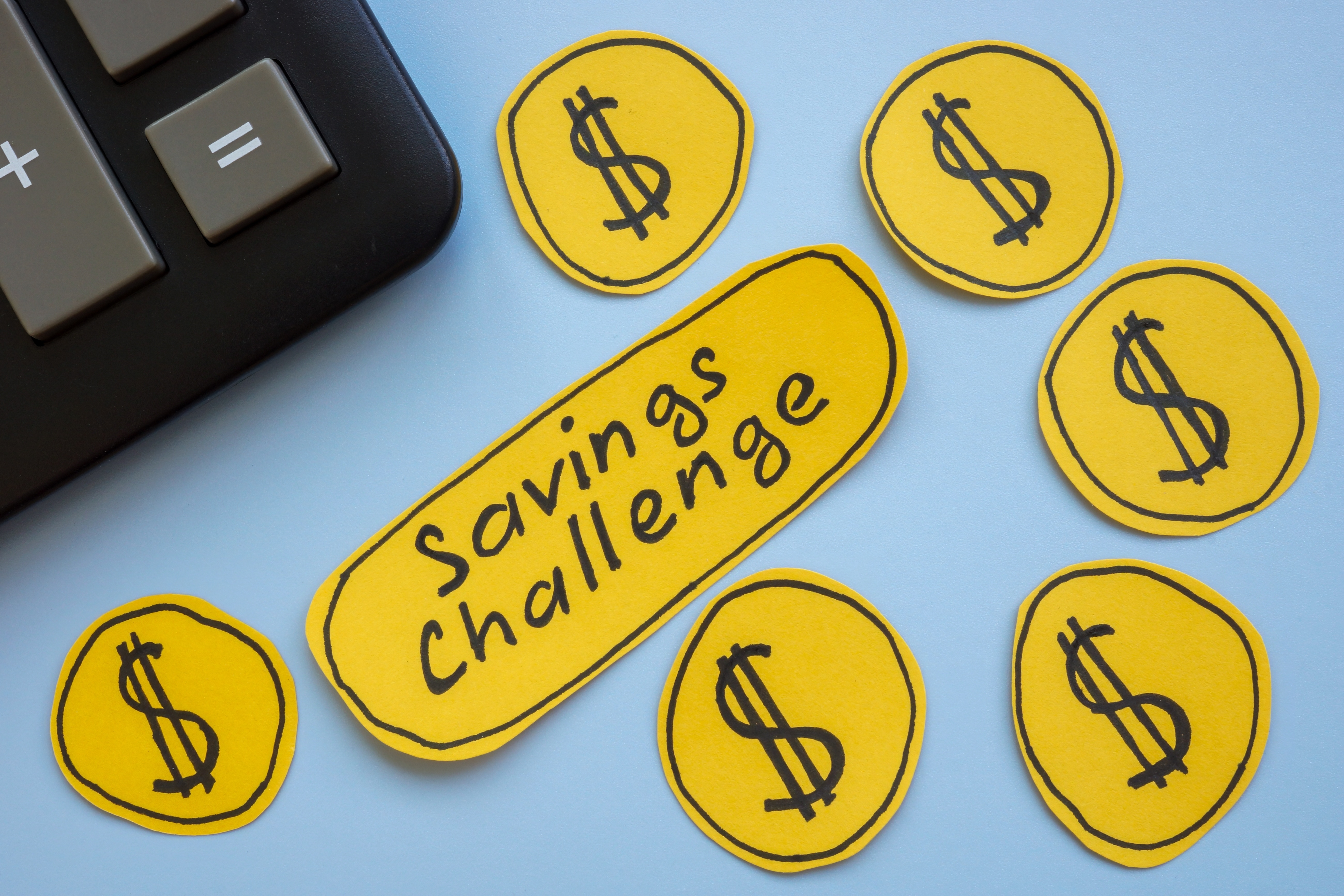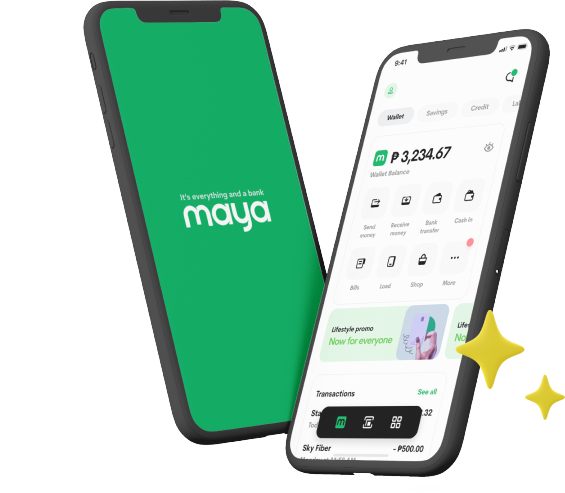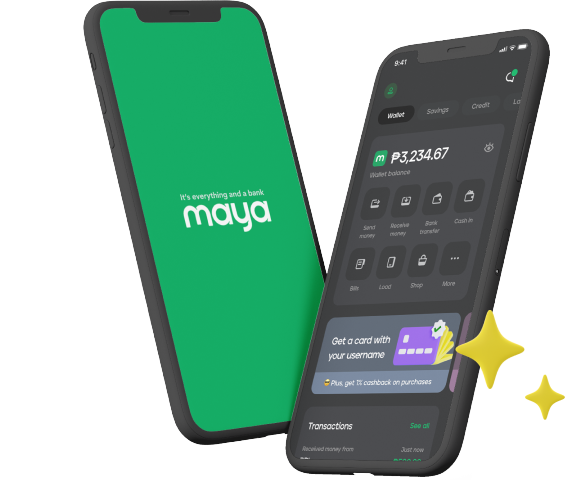Building up your savings is no easy feat, especially in this current economic climate. Hence, it has become increasingly important to be strategic with the way you budget and save your money. For many, this means choosing a savings or time deposit accounts that will give them higher interest rates so that their money can earn more over time.
Modern digital banks such as Maya typically offer rates higher than what traditional banks do, making their savings products the perfect choice to keep your money in. Maya Savings, in particular, has a base interest rate of 3.5% p.a., which you can increase up to 15% interest p.a. if you keep using Maya to pay bills, buy airtime load, and pay for other purchases. This lets you get more value out of your savings.
Even so, if you’re prone to careless spending habits, then you hard-earned savings may just as easily be drained before you know it. To help you have better control of your finances and maximize the value you get out of saving money, here are some common spending pitfalls that you’d definitely want to avoid.
1. Making Sudden Large Purchases
Making a spontaneous large purchase may seem exciting at first as you get to enjoy the item that you want right away. However, that satisfaction will most likely be short-lived once you see its consequences on your savings. Try to avoid making expensive purchases that aren’t part of your budget, as this can lead not only to depleted savings but even debt.
That’s not to say that you aren’t allowed to ever make large purchases, however. Instead, set aside money for it over time so that you won’t have to take a huge chunk out of your savings. Something like Maya’s Personal Goals tool can help make this easier, as it allows you to set up to five different personal goals that you can then deposit money to gradually. Your goals even earn a guaranteed 4% interest p.a., giving your savings a serious boost and getting you closer to that big purchase.
2. Giving In to Frequent Unplanned Expenses
We all get the urge to make small unplanned expenses once in a while, such as buying yourself a treat on your way home from work or indulging in retail therapy on your favorite online shopping app. It’s easy to dismiss these as negligible, but if it starts happening more frequently, you’d find that those small expenses can easily pile up. You may even find yourself taking money from your savings just because your small expenses have already taken a toll on your monthly budget.
To nip this in the bud, be more strict with your expenses; better yet, list down each one in a notebook or your phone, no matter how small it may seem. This can help you put things into perspective and see how much those “small” expenses are really costing you in the long run.
3. Spending Your Savings without Replacing the Money You Take
When financial emergencies happen, you may end up taking out part of your savings to make ends meet. While this is understandable given the situation, what eventually ends up draining your savings is forgetting to replenish what you took when you’re financially stable again. If this keeps happening, then you’ll soon find that you won’t have any savings to rely on next time. As you take out a certain amount from your savings, make sure you return it as soon as you’re able to.
Another way to discipline yourself to not take out too frequently from your savings is to store your funds in a time deposit account that lets you enjoy a high time deposit interest rate. However, the time deposit rate in the Philippines can vary greatly depending on the financial institution, so choose wisely where to put your money. Most likely, digital banks can offer you better rates in this regard compared to traditional banks.
Maya’s Time Deposit Plus, for instance, starts with a guaranteed 3.5% p.a. that can be boosted further to 5.75% p.a. if you reach your target amount. You can set your Time Deposit Plus term for 3 or 6, but you can also keep your money for up to 12 months so your savings can stay untouched and earn more over time. Consider using a time deposit calculator to check how much your savings will be by the time your term is complete.
4. Paying for Unused Subscription or Membership Fees
If you’re the type who has subscriptions on multiple digital services or streaming platforms, then it’s time to go over them and check if you’re actually still using them. It’s highly likely that some aren’t being used anymore, so cancel them to relieve yourself of paying monthly fees. Consider subscriptions to software products, entertainment and content services, gaming services, and e-books and audiobooks platforms. Remember, every little cost-saving measure counts.
Similarly, review your memberships to physical services as well. If you’re not going to the gym consistently, for example, then consider canceling your membership. You may also try looking for cheaper gym memberships or even just working out at home to add more to your savings.
5. Using Your Credit Card to Live Beyond Your Means
Spending beyond your means is perhaps the biggest culprit in draining your savings. This goes double if you’re using a credit card for those expenses, as interest charges can pile up on top of what you owe. Keep in mind that credit card money isn’t actually yours but is borrowed funds instead. Hence, avoid spending more than you earn and only use your credit card for purchases you can realistically pay back come the due date to avoid incurring fees. If you live within your means, you won’t have to dip into your savings each time the billing statement comes.
Having savings is a great assurance for when emergencies arise or just for future plans you may have, so make sure you’re not depleting it unnecessarily through reckless spending. Take note of the pitfalls discussed in this article and if you happen to notice yourself guilty of a few, make the necessary changes to keep your savings safe.
You might also like
These Stories on Maya





